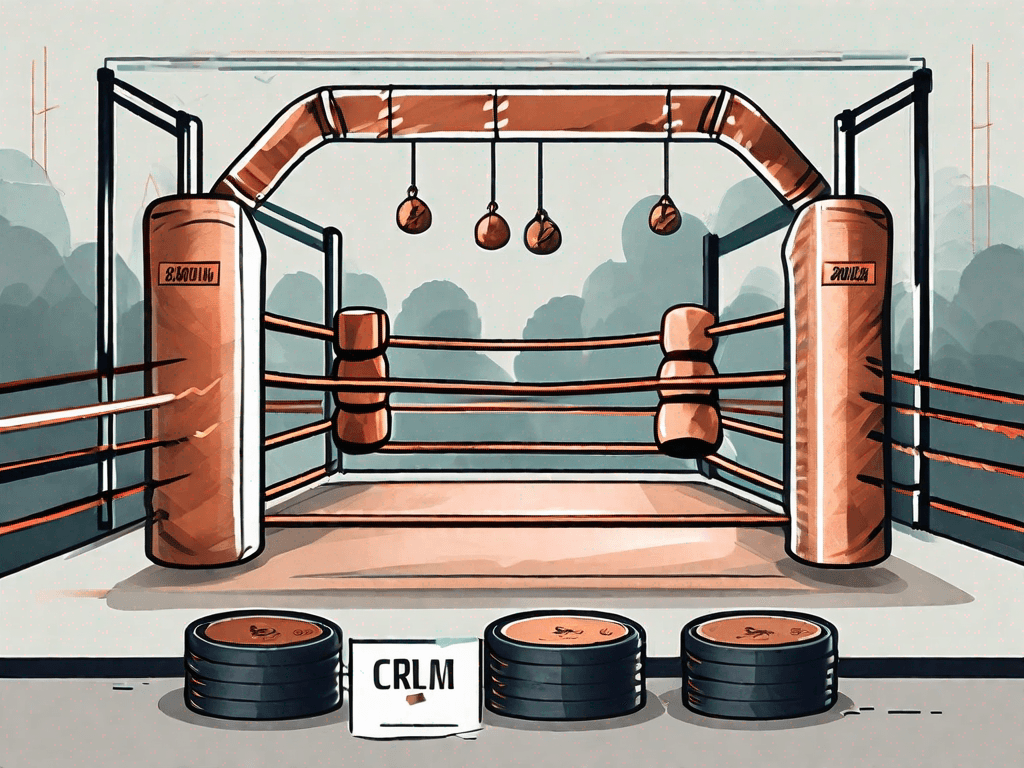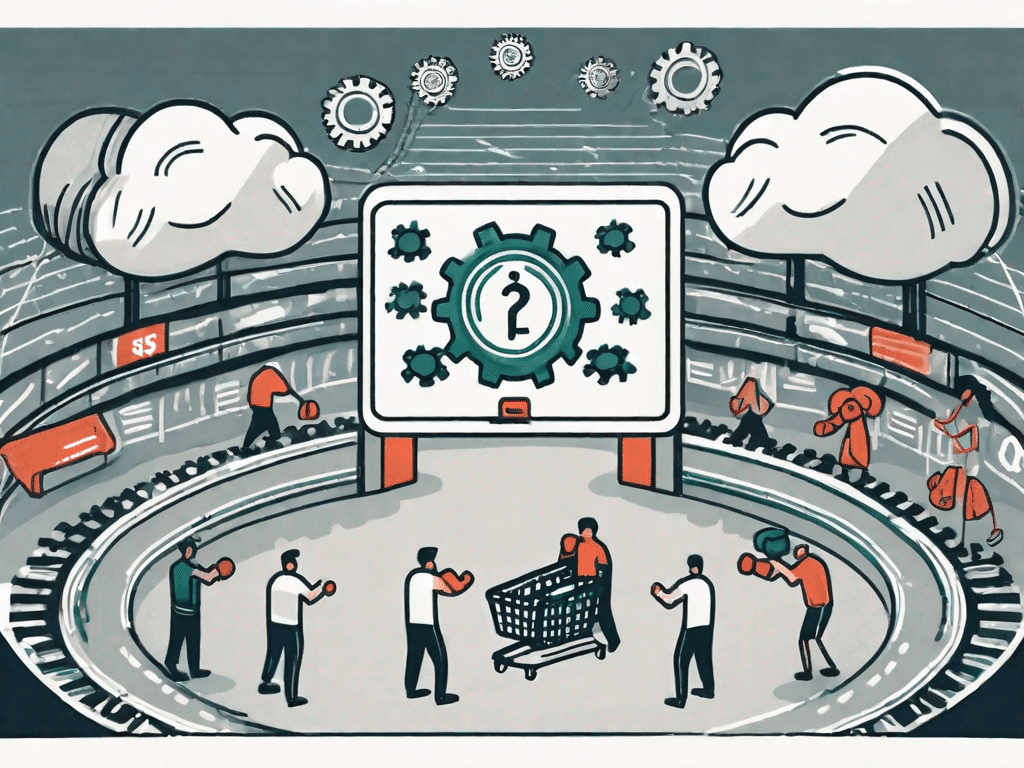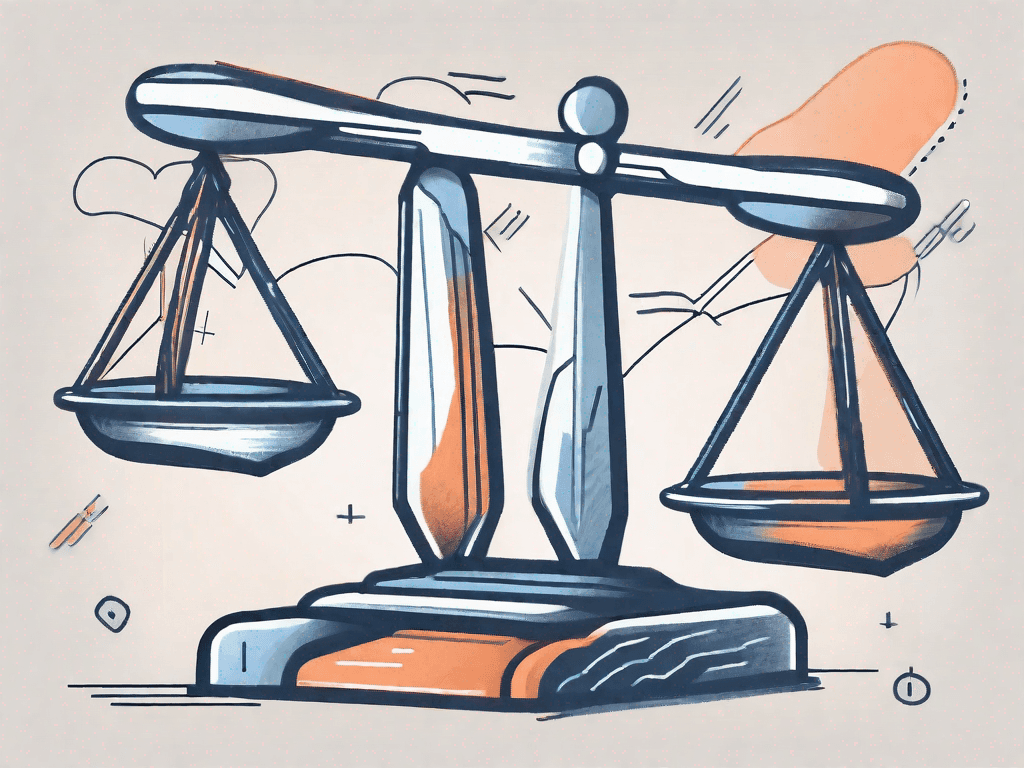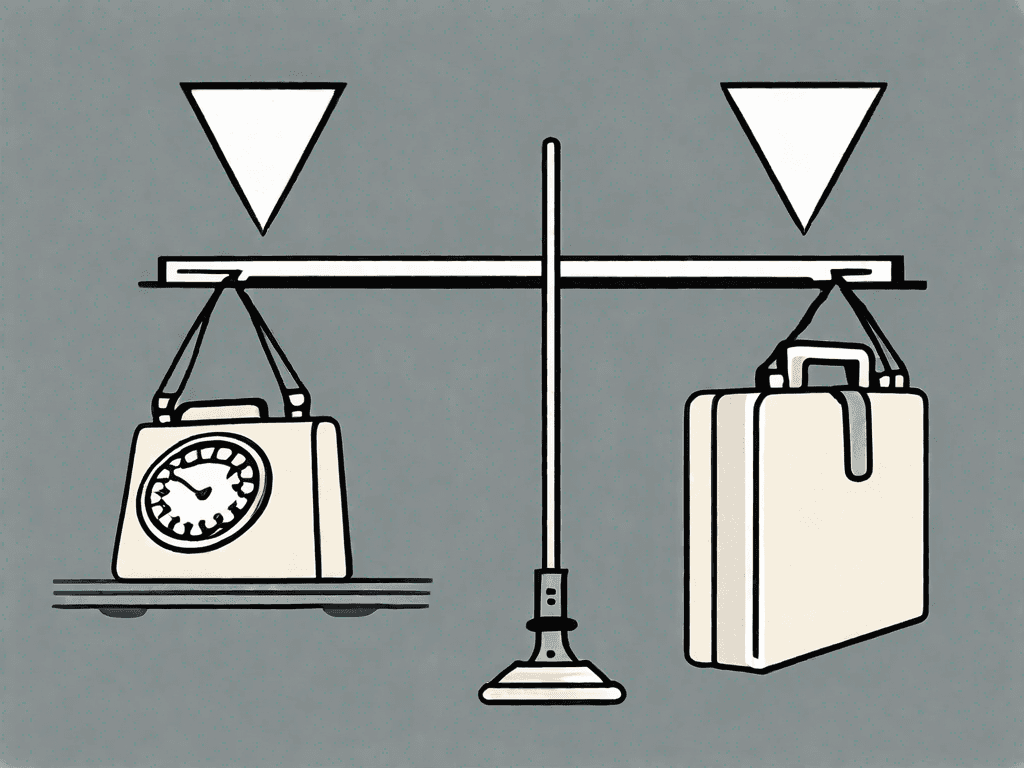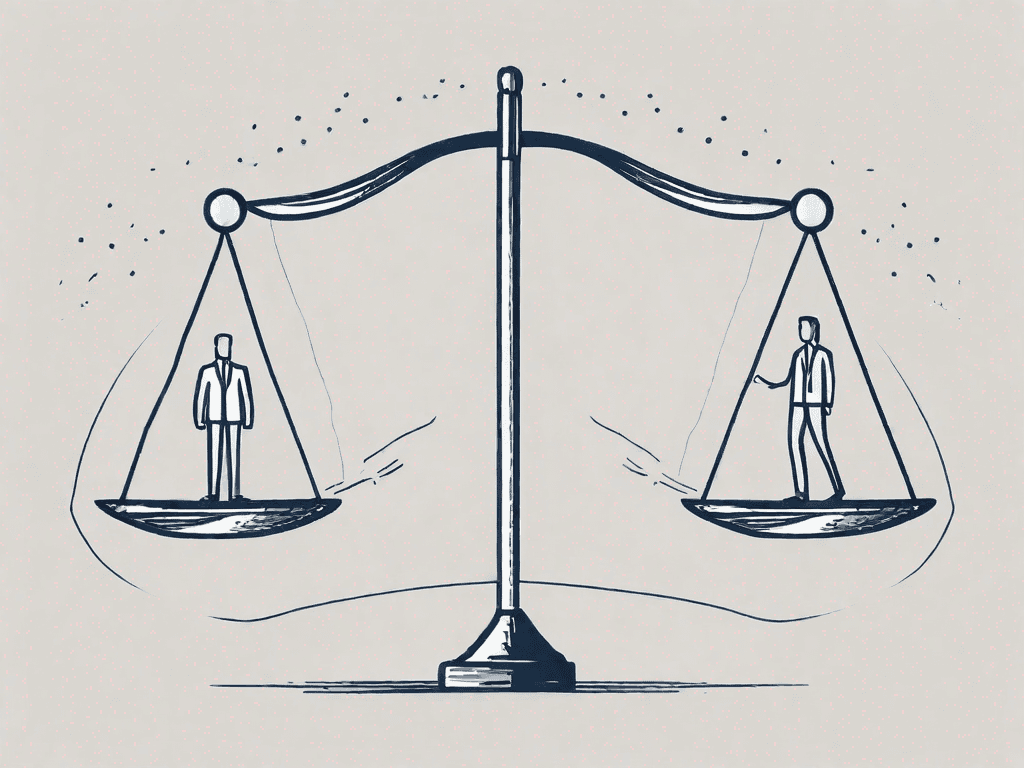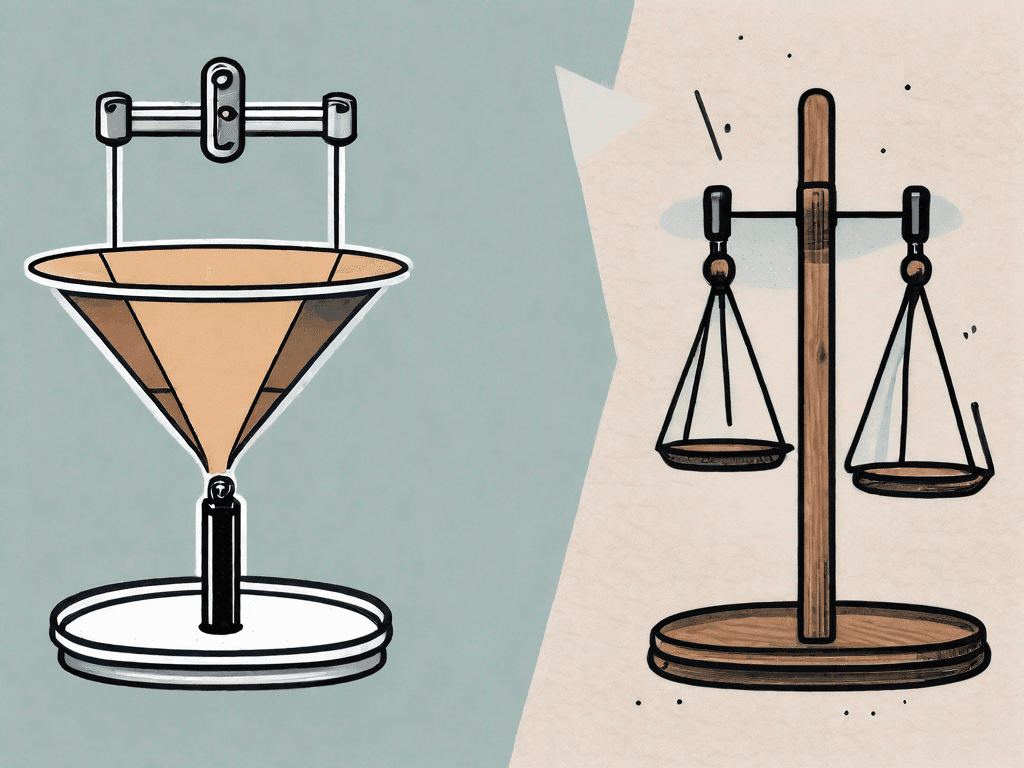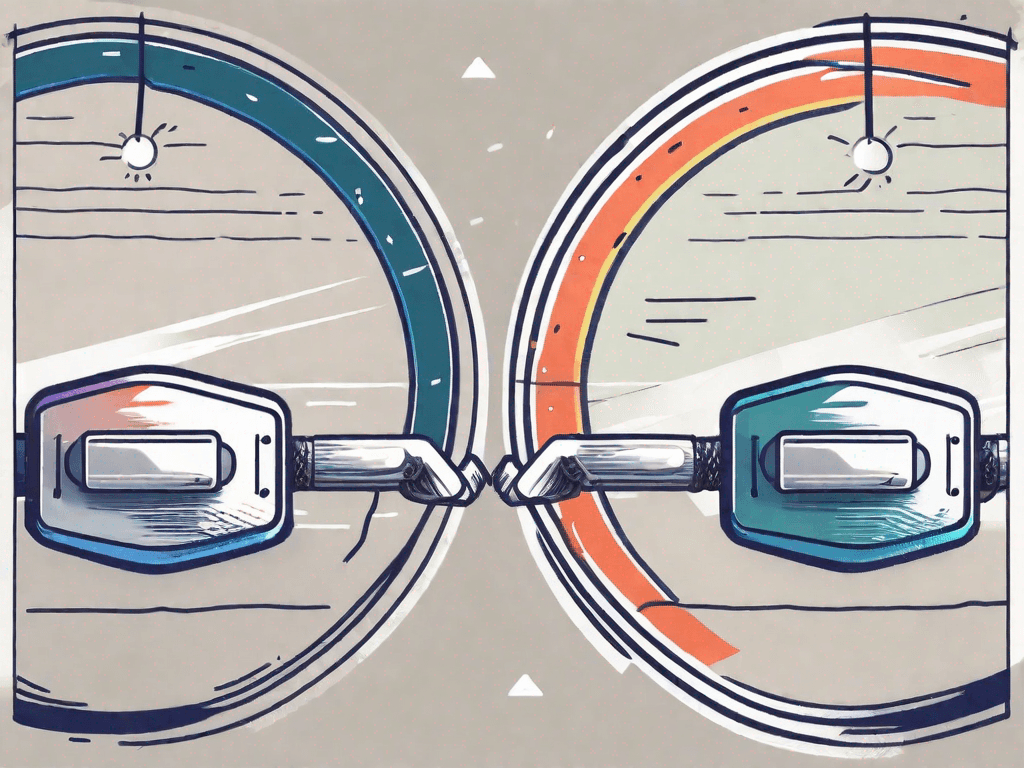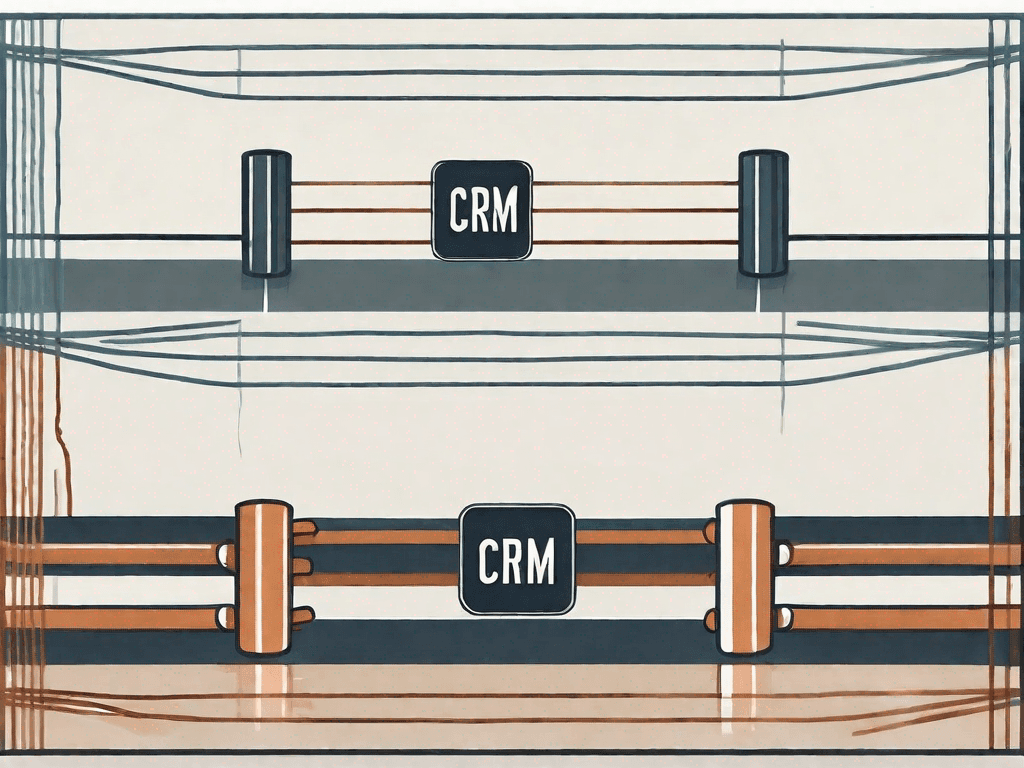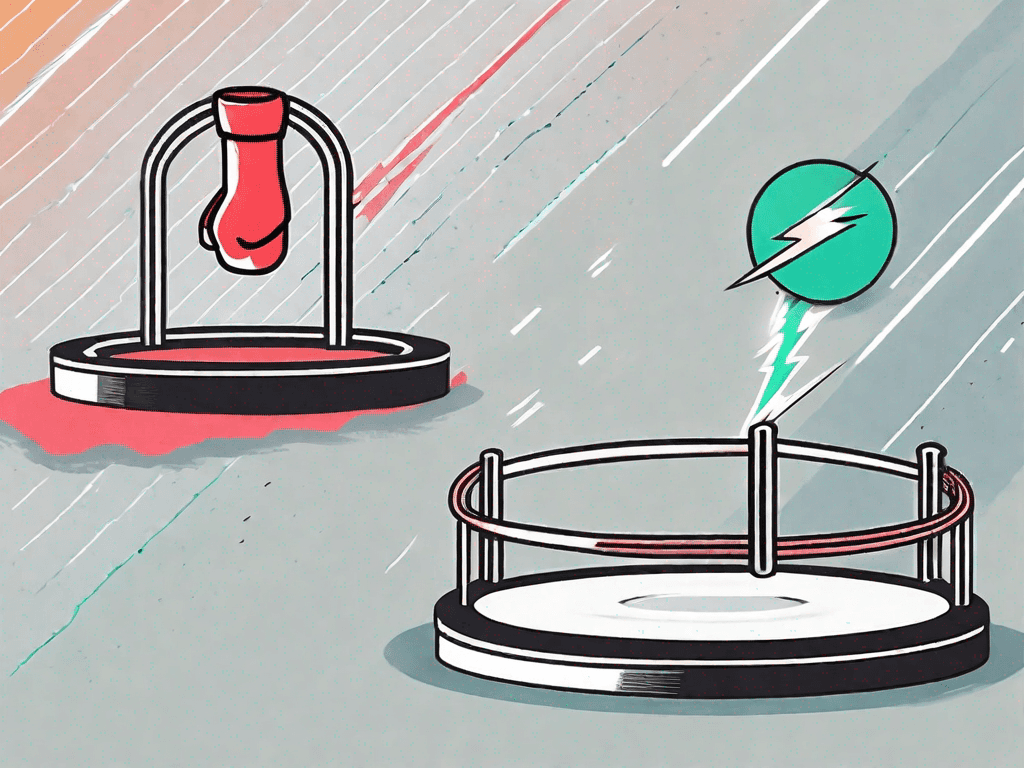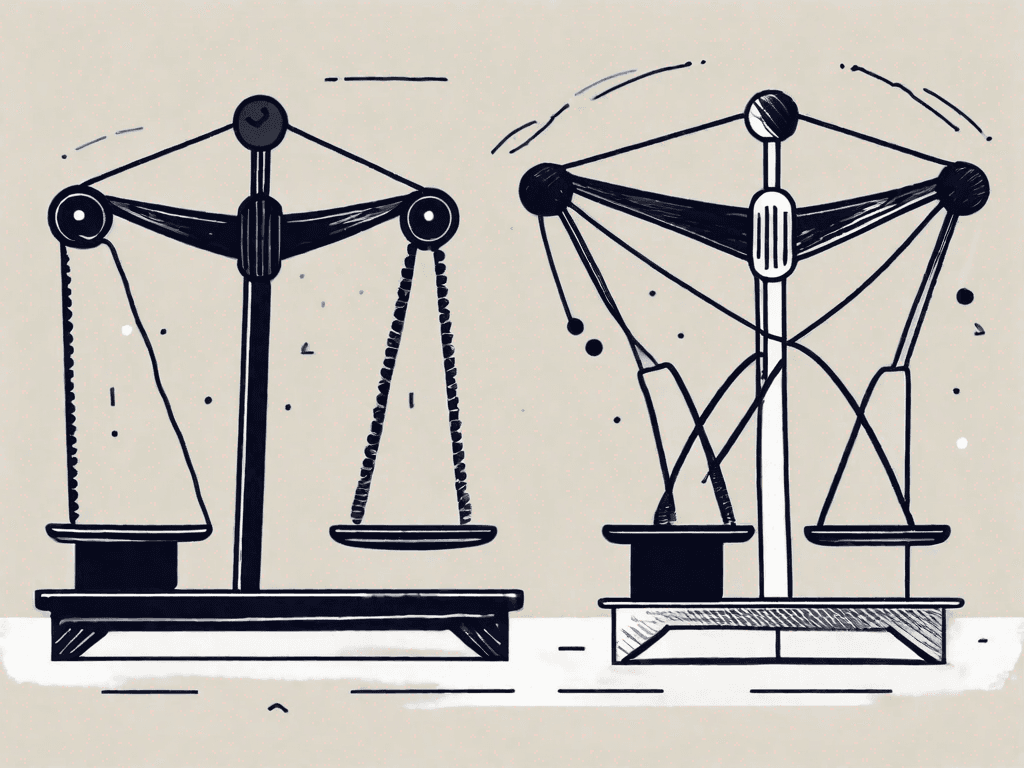
Salesforce vs Zoho CRM: Which CRM is the Best?
In the world of customer relationship management (CRM) software, two names stand out: Salesforce and Zoho CRM. Both are popular choices for businesses looking to manage their customer data and streamline their sales processes. But which one is the best? In this article, we will compare the features, pricing, integrations, and suitability of Salesforce and Zoho CRM to help you make an informed decision
Pros and Cons of Salesforce and Zoho CRM
Before diving into the details, let's start by looking at the pros and cons of each CRM.
1. Pros of Salesforce
One of the biggest advantages of Salesforce is its extensive features and customization options. It offers a wide range of tools for sales, marketing, and customer service teams, allowing businesses to tailor the CRM to their specific needs. Additionally, Salesforce has a large community of developers and third-party app integrations, making it a highly flexible solution.
On the downside, the complexity of Salesforce can be overwhelming for some users. Its extensive features and customization options mean that there is a learning curve associated with mastering the platform. Additionally, Salesforce has a reputation for being more expensive compared to other CRM solutions.
1.2 - Cons of Salesforce
Another drawback of Salesforce is its pricing structure. Salesforce is known for having a tiered pricing system, where additional features and functionality come with higher costs. This can make it less affordable for small businesses or those on a tight budget.
1.3 - Pros of Zoho CRM
Now let's turn our attention to Zoho CRM. One of the key advantages of Zoho CRM is its affordability. Zoho offers a range of pricing plans, including a free version, making it a more accessible option for businesses of all sizes. Additionally, Zoho CRM is known for its user-friendly interface and ease of use, making it a great choice for businesses looking for a simple and straightforward CRM solution.
However, compared to Salesforce, Zoho CRM may not have as many advanced features or customization options. While it offers a solid set of features, businesses with complex requirements may find Salesforce to be a better fit.
1.4 - Cons of Zoho CRM
One limitation of Zoho CRM is its integration capabilities. While it does offer integrations with popular apps and services, it may not have the same depth and breadth of integrations as Salesforce. This can be a drawback for businesses that heavily rely on integrated systems for their operations.
1.5 - Key Differences between Salesforce and Zoho CRM
When comparing Salesforce and Zoho CRM, there are some key differences to consider. Salesforce is known for its enterprise-level capabilities, making it a suitable choice for large organizations with complex needs. On the other hand, Zoho CRM is more geared towards small to medium-sized businesses looking for a cost-effective and easy-to-use CRM solution.
How does Salesforce pricing compare to Zoho CRM?
Now that we've looked at the pros and cons of both CRM solutions, let's dive deeper into their pricing models.
2.1 - Salesforce Pricing
As mentioned earlier, Salesforce is known for its tiered pricing system. It offers multiple editions, each with different features and price points. The pricing starts at $25 per user per month for the Essentials edition and goes up to $300 per user per month for the Unlimited edition. There are also additional add-ons and customizations available at an extra cost.
2.2 - Zoho CRM Pricing
In contrast, Zoho CRM offers a more straightforward pricing structure. It has three main editions: Standard, Professional, and Enterprise. The Standard edition is free for up to three users and offers basic CRM functionality. The Professional edition starts at $20 per user per month, and the Enterprise edition starts at $35 per user per month. Zoho also offers additional add-ons, such as SalesSignals and SalesIQ, for an extra cost.
2.3 - Pricing comparison
When comparing the pricing of Salesforce and Zoho CRM, it is clear that Zoho CRM offers a more affordable option, especially for small businesses or those just starting out. However, it's important to note that Salesforce offers more advanced features and customization options, which may justify the higher price for certain businesses.
How do Salesforce integrations compare to Zoho CRM?
Integrations are an essential aspect to consider when choosing a CRM solution. Let's take a closer look at the integration capabilities of Salesforce and Zoho CRM.
3.1 - Salesforce integrations
Salesforce has a vast ecosystem of integrations and third-party apps. It offers seamless integration with popular tools such as Outlook, Gmail, Microsoft Office, and more. Additionally, Salesforce has its own app marketplace, AppExchange, where users can find and install various apps to extend the functionality of their CRM.
3.2 - Zoho CRM Integrations
While Zoho CRM also offers integrations with popular apps and services, its ecosystem may not be as extensive as Salesforce's. However, Zoho CRM does provide integration options for commonly used tools like Google Workspace, Mailchimp, and QuickBooks. It also has its own marketplace, Zoho Marketplace, where users can explore additional integrations.
Which one is the Best for You?
Choosing the best CRM for your business depends on several factors, including your industry, company size, and specific needs. Let's explore the suitability of Salesforce and Zoho CRM for different types of users.
4.1 - The Best for Salespeople
If your business heavily relies on sales and you need advanced sales automation features, Salesforce may be the better choice for you. Its robust sales capabilities, such as lead management, forecasting, and opportunity tracking, make it a powerful tool for sales teams.
Alternatively, if you're a small sales team looking for a more affordable and user-friendly solution, Zoho CRM can meet your needs. Its intuitive interface and focus on core sales functionalities can help streamline your sales processes.
4.2 - The Best for Consultants
For consultants who work with multiple clients, Salesforce's customization options and flexibility can be beneficial. Being able to tailor the CRM to each client's specific requirements can help consultants provide a more personalized and effective service. If you need specialized support to maximize these customizations, you can hire a Salesforce developer from trusted platforms like Toptal, ensuring access to top-tier talent for your project needs.
On the other hand, if you are a consultant on a budget, Zoho CRM's affordable pricing plans and ease of use make it a solid choice. Its collaboration features, such as team calendars and document management, can also help consultants stay organized and collaborate effectively with their clients.
4.3 - The Best for Digital Marketing Agencies
When it comes to digital marketing agencies, Salesforce's integration capabilities and advanced marketing automation features can be advantageous. Connecting your CRM with other marketing tools can help streamline lead generation, campaign management, and ROI tracking.
However, if you're a small digital marketing agency or a freelancer looking for a budget-friendly CRM solution, Zoho CRM can fulfill your needs. It offers features such as email marketing, social media integration, and website visitor tracking to help you manage your marketing efforts.
Conclusion
In conclusion, choosing between Salesforce and Zoho CRM ultimately comes down to your specific business needs and budget. Salesforce offers extensive features, customization options, and integrations, making it a suitable choice for large enterprises with complex requirements. On the other hand, Zoho CRM provides a more affordable and user-friendly solution, making it a great fit for small to medium-sized businesses.
Consider your industry, company size, and specific goals when making your decision. Both Salesforce and Zoho CRM have their strengths and weaknesses, so choose the CRM that aligns best with your unique business needs to optimize your sales and customer management processes.











![The 8 Best Social CRM Software in 2025 [Comparison]](https://framerusercontent.com/images/RYHyYapdgIi83BEWtMdX418.png)
![The 6 Best LinkedIn CRM in 2025 [Comparison]](https://framerusercontent.com/images/Luywfni7ZKjb19yghbhNPy4I4qQ.png)



![The 5 Best Twitter CRM [Comparison]](https://framerusercontent.com/images/EWcbvYnVZglJLO8jp3OlHkTvsHo.png)
































































































































































